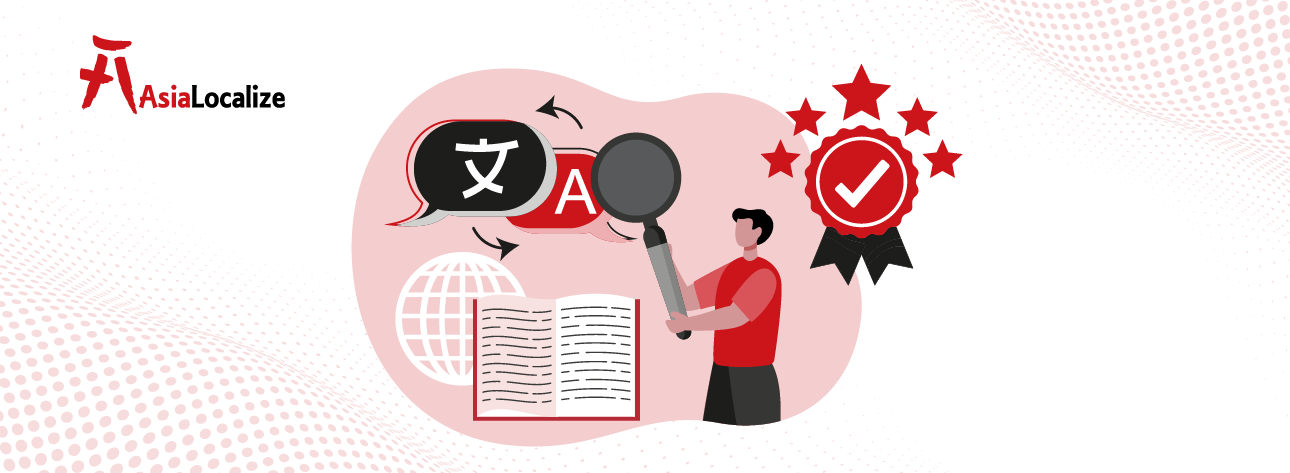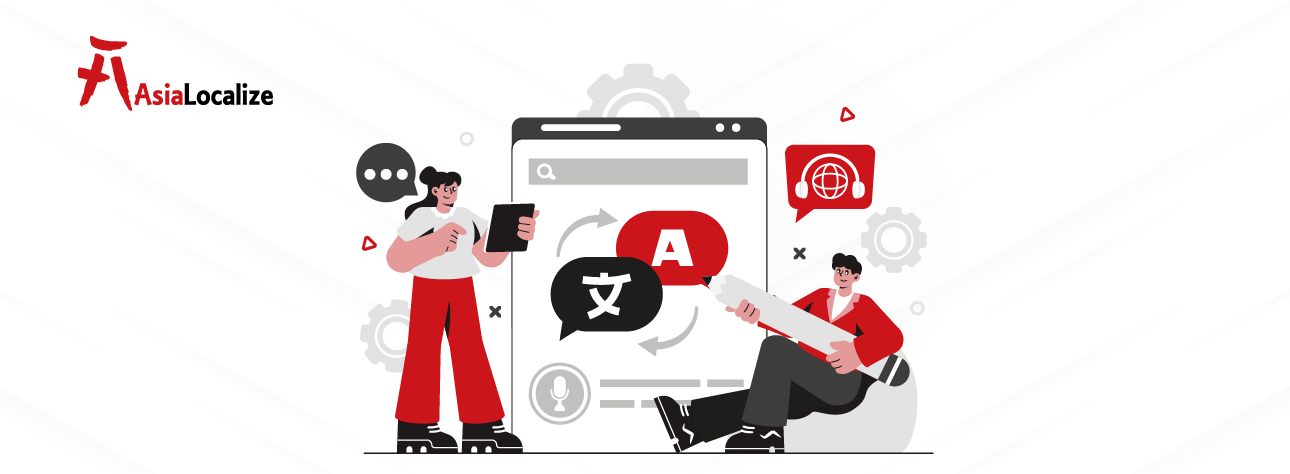Asia, with its rich cultural heritage, is a testament to the diversity of our world. This diversity is beautifully expressed in the 2,300 languages spoken across the continent. In this blog, we will explore how a simple word like “dad” can reveal Asia’s rich cultural and linguistic diversity.
A word like ‘dad’ is a fascinating mirror of cultural diversity. In some Asian cultures, it’s a term of formality, while in others, it’s a warm, affectionate term. It’s a word that takes on many different forms across Asian languages and cultures. Bapa, Cha, and Tatay are just a glimpse into the myriad ways ‘dad’ is expressed in different Asian languages.
Understanding cultural nuances is not just a matter of respect; it’s a potent strategic advantage for any business eyeing the Asian market. In this blog, we aim to equip ambitious businesses with the knowledge of diverse Asian cultures and languages, using a single word as our guide: ‘Dad.’
Ways to Say Father in Different Languages
- “Dad” in Southeast Asian Languages
From the distinct tradition of sending gift cards and giving dad-themed gifts to the heartwarming act of cooking and treating them to a getaway, Asians celebrate Father’s Day in their own unique ways. Let’s delve into the intriguing ways to say ‘dad’ in Southeast Asian languages.
Vietnam
Since 2010, the Vietnamese people started celebrating Father’s Day! On the third Sunday of June, they send gifts or throw parties for their daddies.
Each region in Vietnam has its own way to express the word “dad”:
- Northern Vietnam: Bố, Ba, Cha, Thầy, Cậu
- Central Vietnam: Ba
- Southern Vietnam: Ba, Tía
Bo and Ba are the standard ways of using the word father in Vietnam. However, in the past and traditionally, Thầy and Cậu are used to show more respect.

Thailand
The Thai people don’t practice Father’s Day nowadays. However, in the past, it was celebrated on December 5th, the birthday of the late King Bhumibol Adulyadej (Rama IX). People used to give their fathers and grandfathers canna flowers.
There are many ways the Thai people say father:
Ph̀x (พ่อ), Bidā (บิดา), P̌ā (ป๋า), Khuṇ ph̀x (คุณพ่อ)

Indonesia
Father’s Day was first celebrated in November 2006. Hundreds of Indonesians gathered to celebrate the occasion in Solo city hall. However, it’s no longer in fashion.
There are many ways to say father in Indonesia:
Bapa, Ayah, Pak, and Papa

The Philippines
Father’s Day was first celebrated in November 2006. Hundreds of Indonesians gathered in Solo city hall to mark the occasion. However, it’s no longer in fashion.
There are many ways to say father in the Philippines:
Tatay, Itay, Tatang, Papa, Dadi, Dad

- “Dad” in East Asian Languages
In East Asian countries, Father’s Day is celebrated with various traditions and customs. Families often gather together to honor and appreciate their fathers. Children may present gifts or cards to their fathers to express their love and gratitude. In some cultures, there may be special meals or activities planned to celebrate the occasion.
China
Only a minority of Chinese people celebrate Father’s Day. However, in the past times, it was once celebrated on August 8 to celebrate the fathers who died during World War II.
There are many ways to say father in the Chinese language:
Baba (爸爸); Fuquin (父亲), Ye-cha (爷)
Chinese usually use “Fuquin” or “Ye-cha” to call their fathers, which are considered the most respectful way to say father in Chinese.

Japan
Father’s Day is celebrated on the third Sunday of June, the same as in the USA. Food is the main highlight of this occasion. They even give their fathers gourmet products such as sake, wagyu beef, quality sweets, and the famous unagi (eel).
There are many ways to say father in the Japanese language:
Oto-san (お父さん) (formal), Papa (パパ), Oyaji (親父) (informal), Oto-chan (おとちゃん), To-chan (とちゃん), To-san (父さん), Chichi (父)

Korean
Korean people don’t celebrate Father’s and Mother’s Day separately. They celebrate Parents’ Day, which falls on May 8th every year. On this day, they show their respect and love for both parents, not just fathers. Children express gratitude and affection to their parents by giving them carnations, taking them out for a meal, or simply spending quality time together.
There are many ways to say father in the Korean language:
Aboji (아버지), Appa (아빠), Abeoji (아버지)

- “Dad” in South Asian Languages
Hindi
In India, Father’s Day is not a public holiday, but it’s celebrated on the third Sunday of June in big cities such as Mumbai, New Delhi, Kanpur, etc. Families often honor fathers by expressing their love and gratitude. Children may give cards, books, or coffee cards to their fathers on this occasion.
There are many ways to say father in India:
Baap (बाप), Pita (पिता)

The Importance of Cultural Awareness in Business
Cultural awareness is not just a matter of respect, but it’s also a strategic advantage for businesses looking to thrive in diverse Asian markets. It can lead to more effective marketing, product development, and customer service, ultimately contributing to the success of businesses operating in Asia.
Different cultures may respond differently to marketing messages, and being aware of these differences can help avoid misunderstandings or offense. Also, factors such as colors, symbols, and even product functionality can be influenced by cultural perceptions and beliefs.
Even, in customer service, understanding cultural nuances can lead to more effective communication and customer satisfaction. Overall, different Asian cultures may have distinct expectations of service interactions, and being aware of these differences can help tailor the service experience to meet the specific cultural needs of customers.
Businesses can tailor their approaches to engage with customers and foster meaningful connections effectively. Embracing cultural awareness not only demonstrates respect but also enables businesses to tap into the immense potential of the Asian market, leading to long-term success and mutual understanding.






